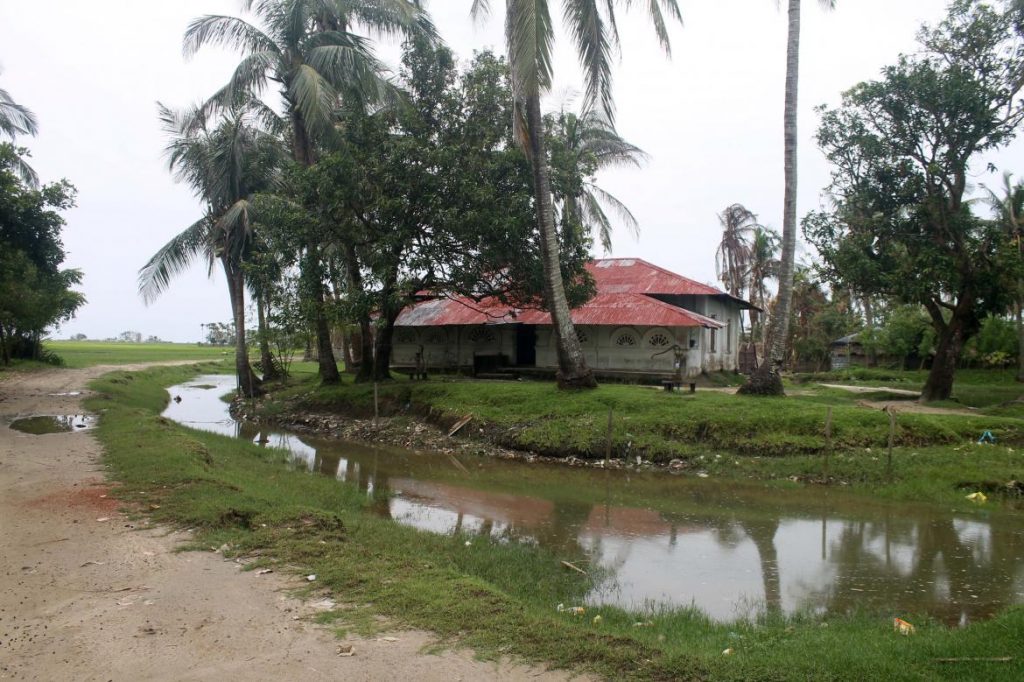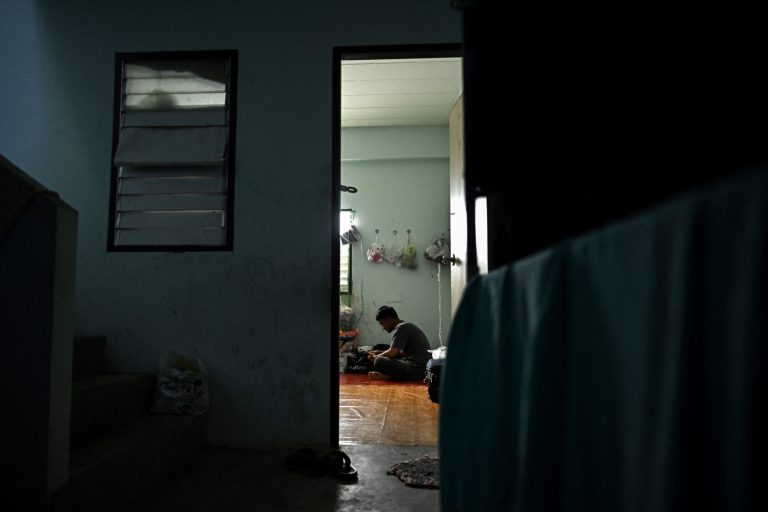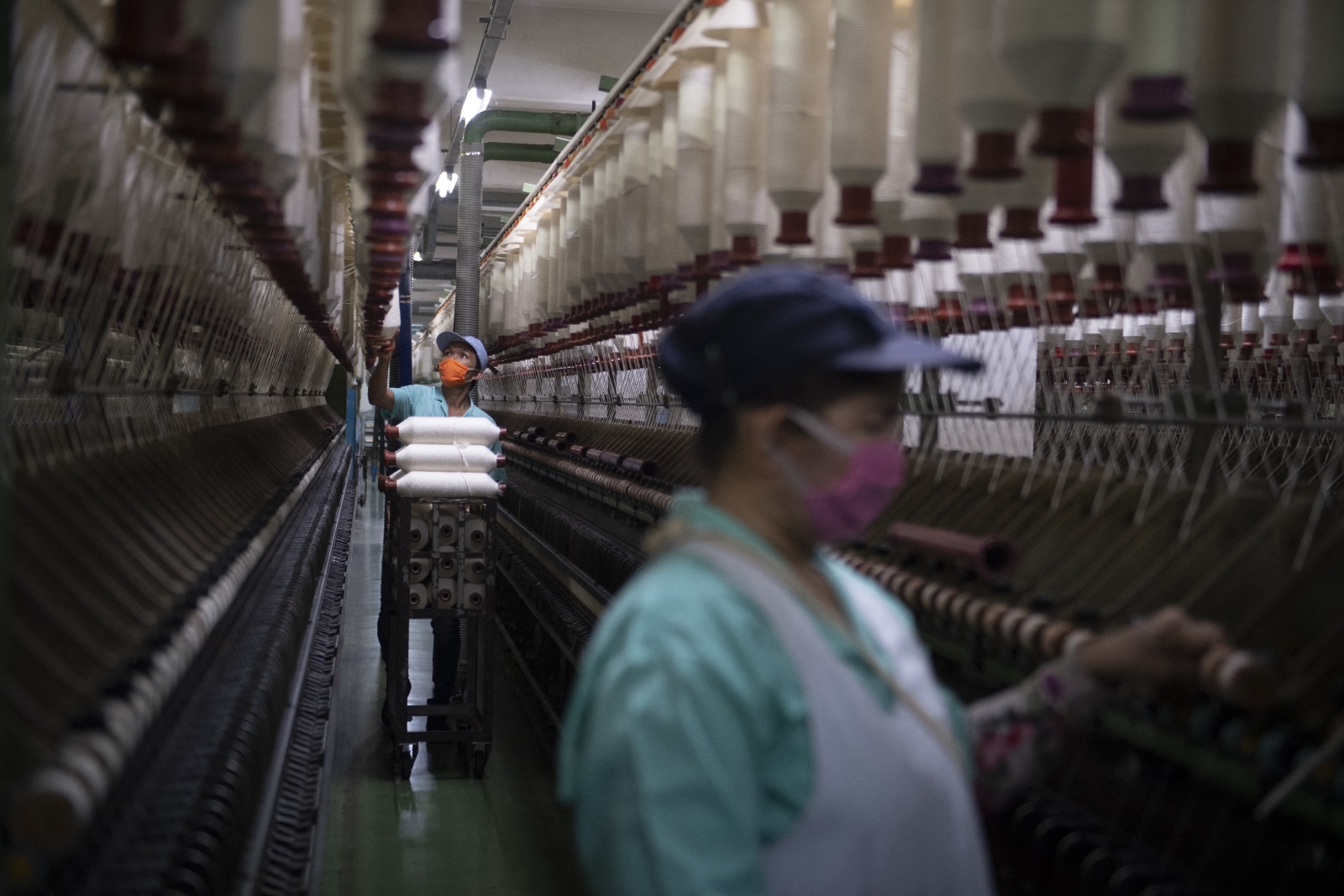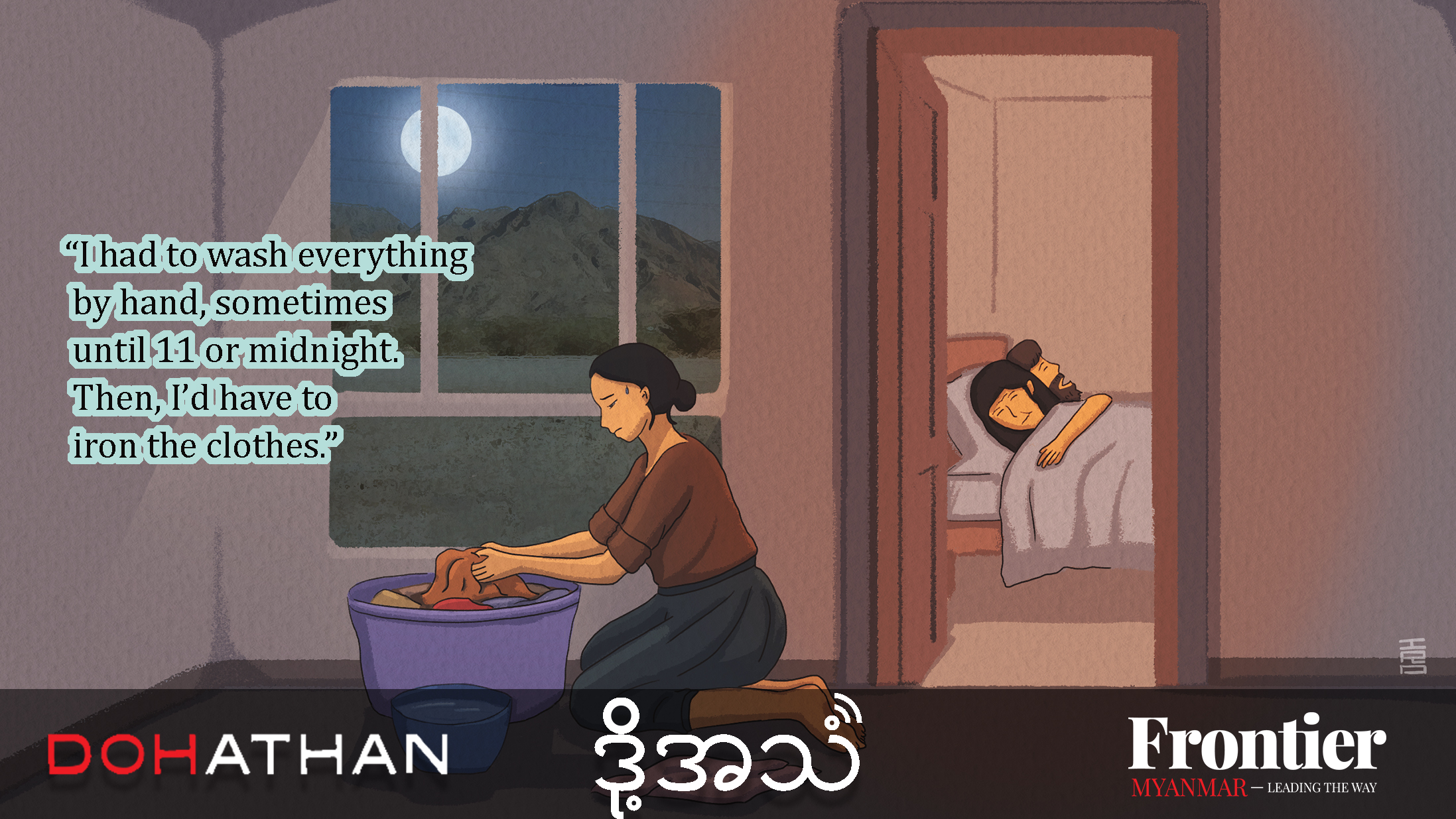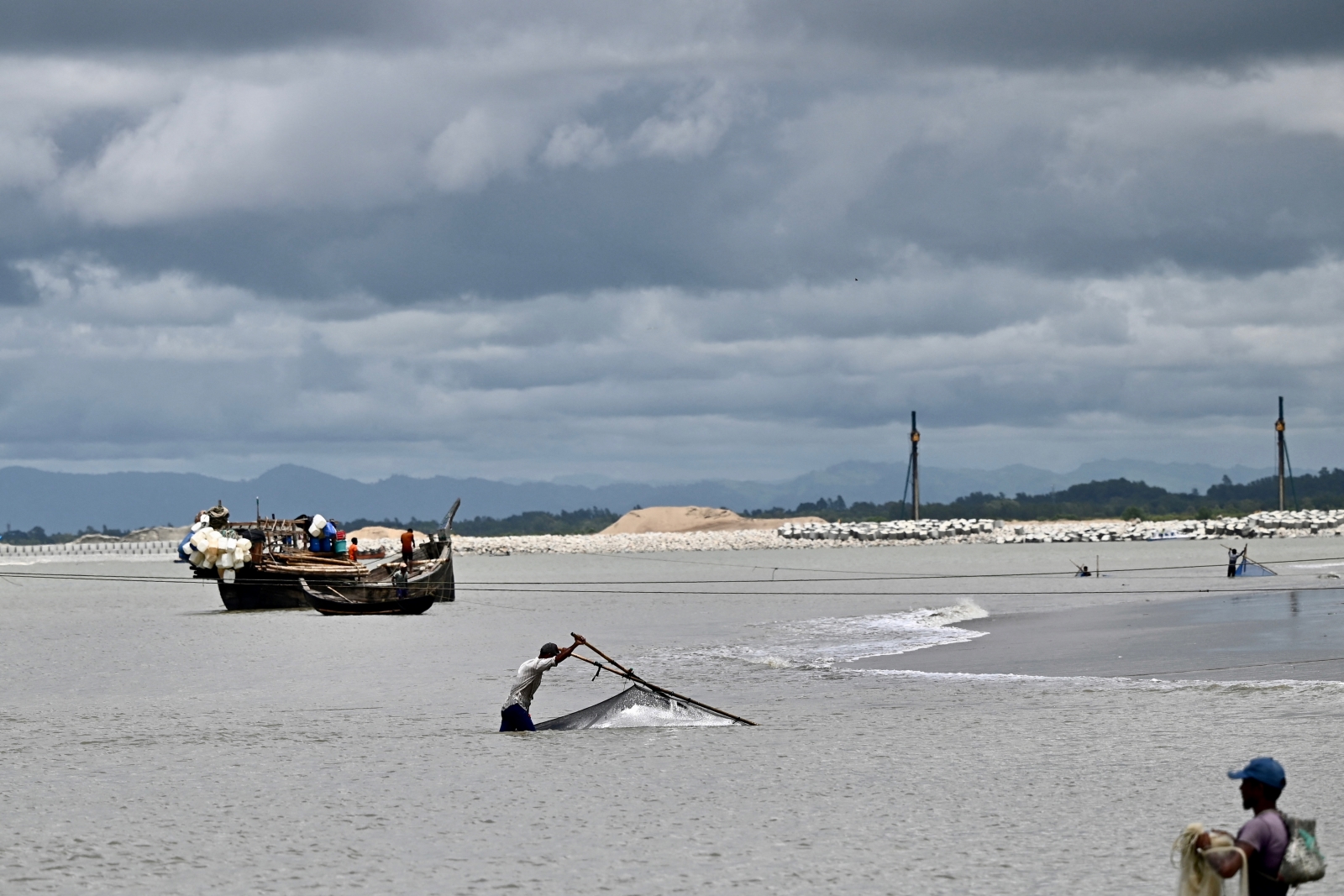Two Rakhine civil society groups have launched programs aimed at enticing hundreds of thousands of Rakhine to return and resettle in the poor, undeveloped state.
By HTUN KHAING | FRONTIER
A NOTICEABLE increase in the number of restaurants serving spicy Rakhine cuisine in Yangon in recent years has been delighting palates in the commercial capital.
The restaurants, many of which proudly fly the Rakhine flag, have opened amid an influx of residents from the poor and troubled state, where a lack of development has meant opportunities to make a living are scarce.
The number of Rakhine in Yangon has risen so high that the regional government has included a Minister of Rakhine Ethnic Affairs, U Zaw Aye Maung (Arakan National Party) since it was first formed in 2011.
Under the 2008 Constitution, ethnic affairs ministers are directly elected in states and regions by members of a minority group that has 0.1 percent of the national population residing in that particular state or region. Having a Rakhine ethnic affairs minister in Yangon indicates there are at least 50,000 or so Rakhine residents in the region, although neither the Union Election Commission nor Immigration Department have ever provided detailed figures to justify the 29 ethnic affairs minister posts created nationally.
Support more independent journalism like this. Sign up to be a Frontier member.
Thousands of other Rakhine have found jobs elsewhere throughout the country, including in Kachin State on banana plantations near the capital, Myitkyina, and at the jade mining centre of Hpakant.
The census found that Rakhine has an enumerated population of just over two million, (about one million were not counted because they refused to identify as “Bengali”), of whom 115,502 were living abroad, mostly in Thailand, Malaysia and China.
U Than Tun, who lives in the state capital, Sittwe, and is general secretary of the Ancillary Committee for the Reconstruction of Rakhine National Territory in the Western Frontier (CRR), laments the exodus of Rakhine from the state because of poverty and limited job opportunities.
“No ethnic person wants to abandon their birthplace,” said Than Tun, one of several Rakhine nationalists who formed the CRR last year to build houses for a resettlement program aimed at enticing Rakhine to return to the state.
The CRR was established after the attacks by fighters from the Arakan Rohingya Salvation Army in northern Rakhine last August triggered a military operation that has sent nearly 700,000 Rohingya fleeing to Bangladesh.
The privately-funded CRR says the program has already benefitted 60 families totaling about 200 people.
“There are about another 200 families that have applied to join the program,” said Than Tun, adding that CRR provides financial support to help families become established that they are expected to eventually repay.
The assistance includes help in building long-term livelihoods, such as support to acquire boats and fishing nets, he said. “There are no factories here,” Than Tun said, adding that it had become increasingly hard to find jobs on farms and in the fishing sector. The two sectors have been traditionally major employers in Rakhine, where 83 percent of the population is rural.
“The grassroots in Rakhine has left for other places in massive numbers because they can’t find work here to make a living,” Than Tun told Frontier in a telephone interview, adding that CRR is also contributing towards the cost of housing.
An advisor to the CRR is Pyithu Hluttaw MP U Oo Hla Saw (ANP, Mrauk-U), who said the resettlement program aimed to establish a “Muslim-dry” buffer zone from Sittwe to Maungdaw town in northern Rakhine, a distance of nearly 100 kilometres.
“All of this area was under the influence of Muslims. After the military operations, they had to flee … so we have to establish this area with the Rakhine population,” Oo Hla Saw told AFP in a report published on March 16.
The CRR will fund jobs and homes “so this little population can grow and grow,” he added.
Another organisation, the Arakan Rakkhita Group, was created in 2015 to support the Rakhine population in Maungdaw Township and has since expanded its role to assist settlement in the area.
The ARG was originally formed to enable Rakhine to build livelihoods in Maungdaw so they did not have to leave the township, said the group’s chairman, U Ba Aye.
“We give jobs to those who want to work in southern Maungdaw and provide assistance to those who want to settle in villages there,” Ba Aye told Frontier.
He said that since 2015 the ARG has helped about 200 Rakhine to return and settle in Maungdaw, most of whom had come from Yangon’s Hlaing Tharyar and Shwepyithar townships, with others from the Thai-Myanmar border and Kachin State.
CRR is working as a civil society organisation and does not have a written agreement with the government, Than Tun said.
He told Frontier it is often difficult to convince people to come to an area that is poor and has a lack of job opportunities.
“Since we do not have the authority give land to those who are settling there, we are attracting those who want to find work in fisheries and construction, not in agriculture,” Than Tun said.
Land ownership has become controversial in Rakhine since the exodus of Muslims to Bangladesh last year amid violence that included the torching of hundreds of thousands of homes.
The Minister of Social Development, Relief and Resettlement, Dr Win Myat Aye, was quoted by state-controlled media last September as telling a meeting in Sittwe that according to a disaster management law, “burnt land becomes government-managed land”.
Than Tun said CRR was exercising care when it chooses locations to resettle Rakhine in Maungdaw Township.
“We have to be careful to avoid international accusations that newcomers were being resettled in places from where Muslims were driven away,” he said.
“We don’t want our government to be blamed by the international community, so we are only settling them in areas owned by Rakhine and [where] native Rakhine willingly accept them,” he said.
Than Tun said job opportunities and economic development in Rakhine were essential to reverse the departure of Rakhine from the state.
“Only when a reliable livelihood and dependable jobs are guaranteed in Rakhine State will the Rakhine who have gone to places like Hlaing Tharyar in Yangon and Hpakant in Kachin State return to their native land,” he said.
Ba Aye said the ARG was trying to persuade hundreds of Rakhine working on Chinese-owned banana plantations in Myitkyina and Waingmaw townships in Kachin to return home but many were reluctant because they feared for their safety.
“Even if you pay more, they don’t want to go to some places for security reasons,” he said.


